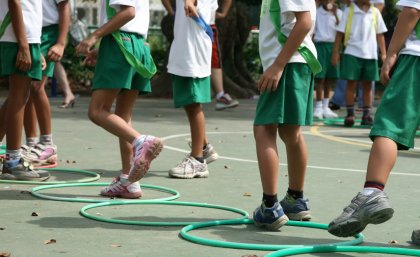
A UQ researcher has found that social exclusion among teens can be more harmful than direct bullying.
UQ’s Hannah Thomas led the research, which showed that teens find exclusion more harmful than better known forms of bullying like teasing and rumour-spreading.
Ms Thomas’s study – a survey of 10,273 Victorian high school students in Grades 7, 9 and 11 – examined how the frequency, emotional response and form of bullying were associated with the mental health of school students.
“Social exclusion is a subtle behaviour ... and therefore less likely to prompt a response from an adult,” she said.
“Adolescents can use it to get others offside and isolate them, thereby exerting their own dominance and power in a peer group.
“Social exclusion is sometimes seen as a normal part of the pains of peer relationships but it is very upsetting for young people.’’
“Bullying is when person is repeatedly exposed to negative behaviours that are intended to hurt or harm them. It is not bullying when behaviour is one-off”
Of particular note, social exclusion had a strong association with adolescents’ psychological distress and low emotional wellbeing.
“This may result in the behaviour persisting for longer than other forms of bullying and makes self-defence more difficult, increasing the consequent stress and isolation,” Ms Thomas said.
Overall, the results show the seriousness of bullying behaviours and the importance of prevention work.
The study found one in seven teens reported being actively excluded by their peers, one in three were teased, and one in 10 reported being physically harmed.
Ms Thomas’s study was supported by the Bryan Foundation Youth Mental Health Scholarship and is published in the Australia and New Zealand Journal of Psychiatry.
Media: Bernadette Condren, b.condren@uq.edu.au, +61 413 881 597; Ms Hannah Thomas, hannah.thomas@uq.edu.au, +61 7 3346 6036.
.jpg)










